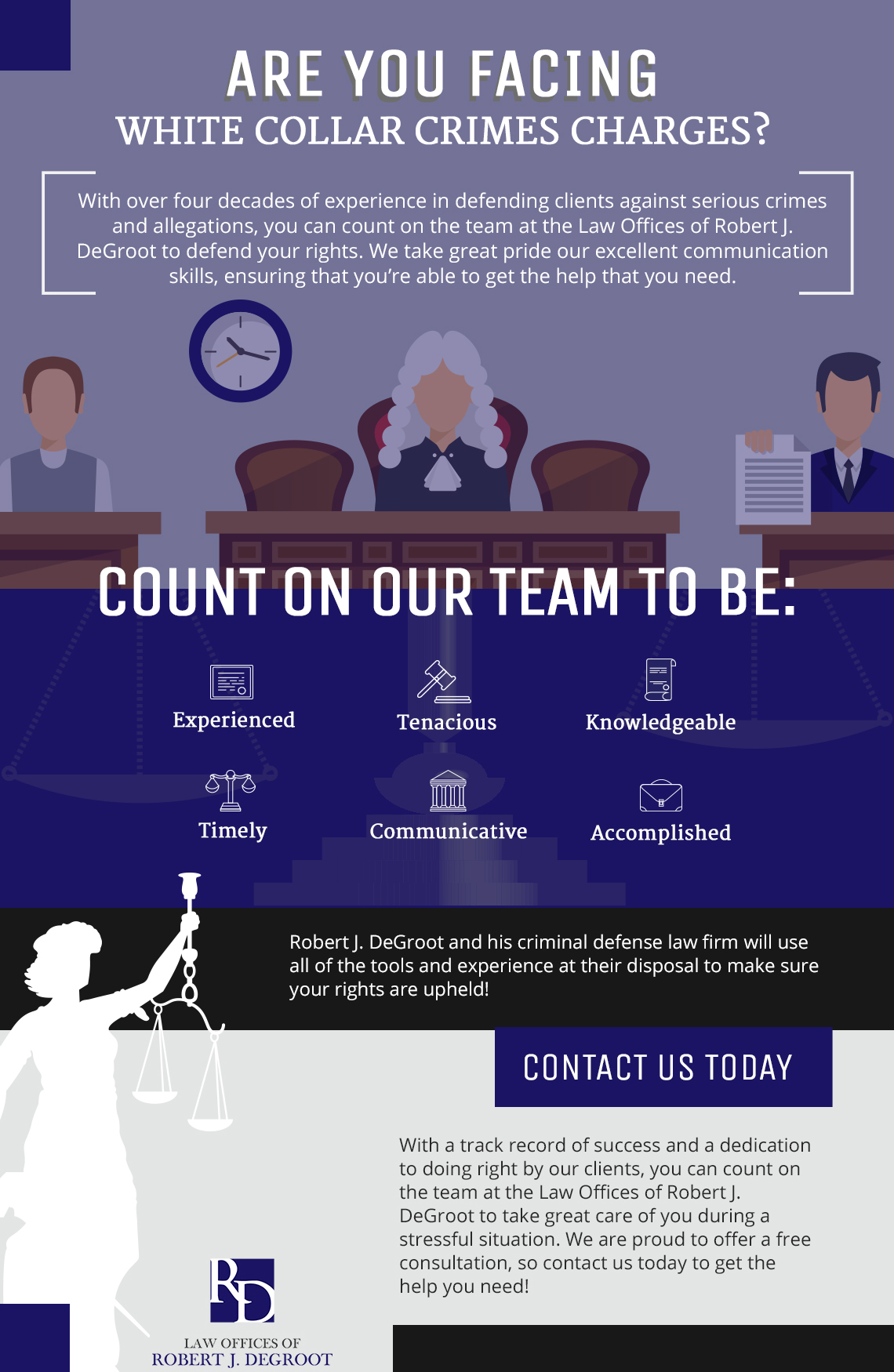Revealing The Psychology Of Clerical Crooks: Behind The Curtains
Revealing The Psychology Of Clerical Crooks: Behind The Curtains
Blog Article
Written By-Parks Stentoft
Did you know that behind the refined façade of clerical crooks lies a complicated internet of emotional inspirations? While many may think that these people are driven entirely by greed, the truth is even more interesting.
Delving into the minds of white collar bad guys reveals an interesting mix of personality traits, societal variables, and concealed needs that add to their illicit activities. Recognizing the psychology behind these crimes not only sheds light on the inspirations behind them, yet likewise raises profound questions regarding our own vulnerability to lure.
So, what makes these people tick? Join us as we check out the fascinating globe of white collar crooks and reveal the complex workings of their minds.
Inspirations for White Collar Crimes
White collar crooks are encouraged by various factors that drive them to take part in unlawful activities for individual gain.
Among the main motivations for these people is financial greed. They agree to break the legislation in order to accumulate wealth and preserve a luxurious lifestyle.
The need for power and status is another significant incentive for clerical lawbreakers. They believe that participating in prohibited tasks will elevate their social standing and give them a sense of prominence and control.
In addition, some clerical crooks are encouraged by a sense of privilege. They think that they are entitled to more than what they have actually and agree to go across honest limits to accomplish their preferred degree of success.
Ultimately, these motivations add to the high occurrence of white collar crimes in society.
Emotional Attributes of White Collar Criminals
As we check out the psychological attributes of people associated with clerical crimes, it ends up being noticeable that their inspirations for taking part in illegal tasks are deeply linked with their character features and attitude.
Clerical bad guys usually exhibit particular mental characteristics that contribute to their involvement in deceptive or deceitful behavior. One such characteristic is an enhanced feeling of entitlement. These individuals commonly think that they deserve more than what they have, leading them to participate in illegal activities to acquire wide range or status.
Additionally, white collar bad guys tend to possess a high level of vanity. They have a filled with air feeling of self-importance, lack empathy for others, and are driven by a need for affection and acknowledgment.
Lastly, https://criminal-defense-law-firm09876.blogdal.com/26088489/shielding-your-future-the-crucial-significance-of-a-medication-lawyer-in-drug-related-legal-issues display a propensity for risk-taking, as they think they can outmaneuver the system and prevent discovery.
Understanding these emotional traits can give valuable insights into the frame of mind of clerical crooks and aid in the advancement of efficient prevention and treatment techniques.
Social Effect of Clerical Crimes
The effect of white collar crimes on society is far-reaching and multifaceted. These criminal offenses have significant consequences that extend past the individuals directly involved. Here are 4 ways in which white collar crimes impact culture:
- ** Economic damages **: White collar criminal activities can result in monetary losses for individuals, businesses, and even entire economies. These crimes can interrupt markets, undermine financier confidence, and cause task losses.
- ** helpful site on disintegration **: White collar criminal activities erode trust in organizations and individuals. When individuals witness upper-level experts engaging in illegal tasks, it reduces their belief in the system and can lead to a basic hesitation in the direction of authority.
- ** Social inequality **: White collar criminal activities often target vulnerable people or areas, exacerbating existing social inequalities. These criminal activities can broaden the space between the rich and the bad and continue systemic oppression.
- ** Legal and governing modifications **: Clerical crimes motivate the application of stricter regulations and guidelines. Culture frequently replies to these crimes by establishing procedures to avoid comparable events in the future, guaranteeing higher responsibility and transparency.
The social effect of clerical crimes can not be undervalued, as it affects people, areas, and the total fabric of society.
Final thought
To conclude, the psychology behind clerical criminals reveals a complex web of motivations and qualities. These people are driven by greed, power, and a sense of entitlement, which can have far-ranging effects for culture.
It is essential to bear in mind that not all criminal offenses are committed by those we might traditionally relate to criminal behavior. As the claiming goes, 'the wolf in lamb's clothes,' reminds us to stay watchful and wonder about real intents of those around us.
